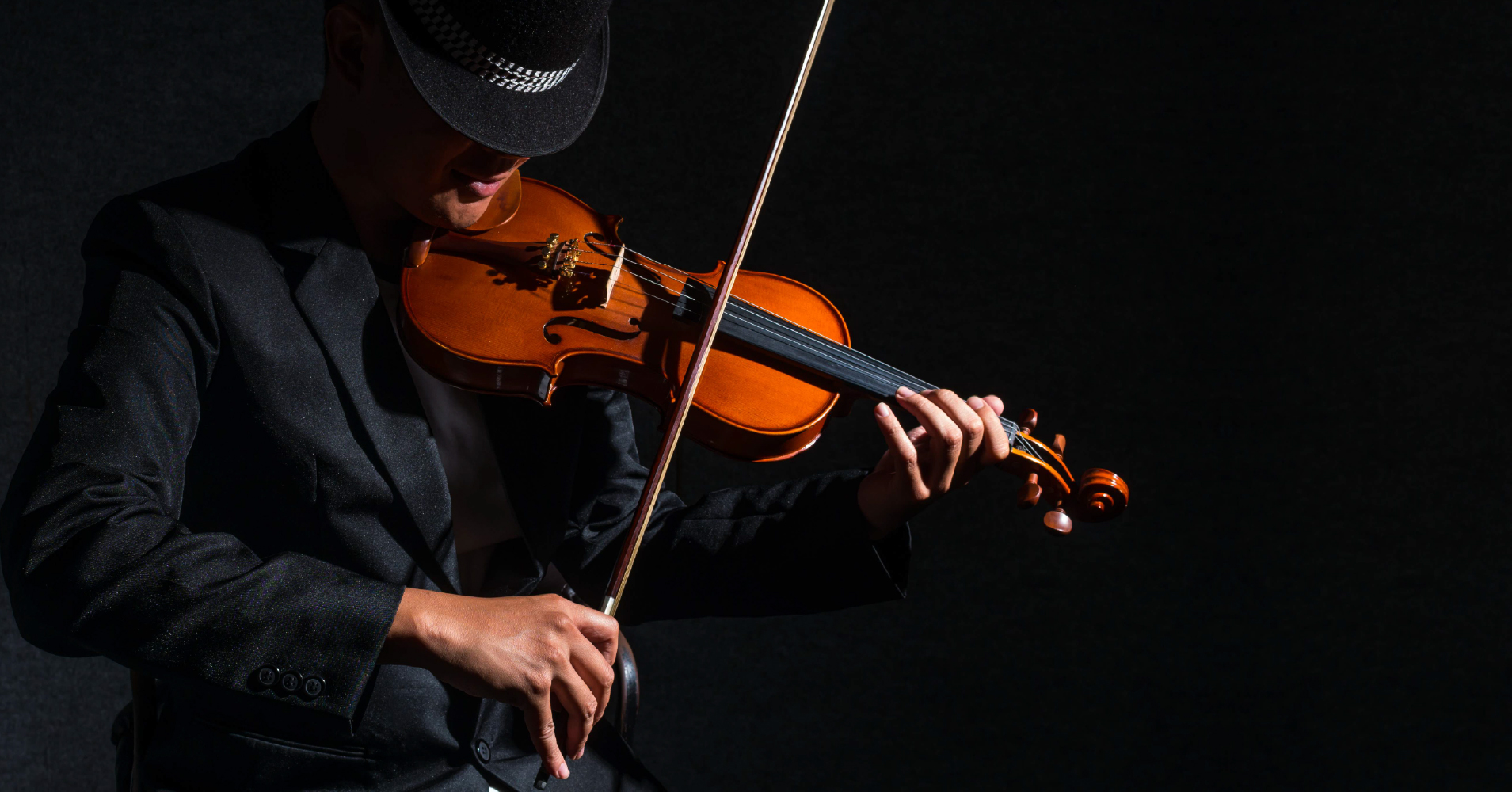
Taking up music as an adult can be a rewarding experience. Whether you’re learning for fun, self-improvement, or as a way to challenge yourself, music education can open new doors to creativity and self-expression. With the proper guidance, you can develop a new skill and cultivate a lifelong passion. This guide will help you understand where to begin and what you can expect from the journey of music education.
Understanding Your Motivation
Before starting any form of music education, it’s essential to identify your motivation. Do you want to play an instrument, improve your singing, or understand music theory? Your goals will guide your decisions as you choose what to study and how to approach learning. Some adults seek music education for relaxation, while others may have the ambition to perform or compose their music. Knowing your reasons for pursuing music will help you stay focused and motivated throughout your learning process.
Choosing the Right Instrument or Focus Area
Once you’ve identified your motivation, the next step is choosing the right instrument or focus area. Many adults gravitate towards instruments they’ve admired for years, like the piano or guitar. However, if you’re unsure, it’s a good idea to consider several factors:
Interest: What instrument excites you the most? The more interested you are, the more likely you’ll enjoy practicing.
Practicality: Consider your home’s space, the noise level, and the cost of the instrument. For example, a digital keyboard might be more convenient than a complete piano.
Difficulty: While no instrument is inherently “easy,” some, like the ukulele, are considered more beginner-friendly than others, like the violin or saxophone.
If playing an instrument feels overwhelming, you can also begin with music theory. Understanding the structure of music, scales, and chords will benefit you regardless of which instrument or vocal technique you eventually pursue.
Finding the Right Teacher or Learning Resource
There are more ways than ever to learn music as an adult, from one-on-one lessons to online courses. Finding the right teacher or resource is essential to your success:
Private Lessons: Many adults benefit from personalized instruction. A good teacher will tailor lessons to your specific needs, helping you progress faster and avoiding common pitfalls.
Online Learning Platforms: If you prefer learning at your own pace, platforms like Udemy, Coursera, or YouTube offer a wide range of music tutorials. These can be especially helpful if you have a busy schedule and need flexibility.
Group Classes: Some adults enjoy the social aspect of learning music in a group setting. Community centers or local music schools often offer beginner group classes, which can be a fun way to make new friends and stay motivated.
It’s essential to choose the learning format that best fits your lifestyle and personality.
Overcoming Common Challenges
As an adult, learning a new skill like music can present unique challenges, but they’re manageable. Here are some common obstacles and how to overcome them:
Time Management: Balancing work, family, and other commitments can make it challenging to find time to practice. Try setting aside dedicated practice time each day, even if it’s only 15–30 minutes.
Frustration: Many adults expect to learn quickly, but music requires patience and consistent effort. Don’t get discouraged if you don’t see immediate results. Celebrate small victories, like mastering a new chord or completing a song.
Physical Limitations: Some instruments may pose physical challenges, such as hand or finger pain from playing guitar. Be mindful of your body and take breaks when needed. Stretching or physical conditioning can also help.
By staying patient and disciplined, you’ll gradually overcome these challenges and experience the joy of making music.
Setting Realistic Expectations
When learning music as an adult, it’s essential to set realistic expectations for yourself. Unlike children, who might have more free time and fewer responsibilities, adults often have to juggle learning with other obligations. Progress may be slower than expected, but consistency is critical.
Short-Term Goals: Aim for small achievements, such as learning a simple song or mastering a scale. Short-term goals can keep you motivated and make the learning process more manageable.
Long-Term Vision: While it’s essential to have big goals, like playing at an event or becoming proficient in multiple instruments, give yourself time to achieve them. Enjoy the process rather than rushing to the finish line.
The beauty of learning music as an adult is that you can go at your own pace without the pressure to perform or compete.
Building Confidence and Enjoying the Journey
One of the most fulfilling aspects of learning music as an adult is the boost in self-confidence. With each new skill, you’ll feel a sense of accomplishment that spills over into other areas of your life. It’s important to remind yourself that the journey of learning music is just as valuable as the result. Allow yourself to make mistakes, and embrace the moments of discovery along the way.
Music education opens doors to new friendships, creative projects, or opportunities to perform. Many adults find themselves joining local bands, choirs, or jam sessions, creating a vibrant social experience through music.
Music education for adults is an exciting and enriching journey that can enhance your life in numerous ways. By understanding your motivation, choosing the right instrument or focus area, and finding a learning method that works for you, you’ll set yourself up for success. Overcoming challenges, setting realistic expectations, and enjoying the process will help you stay motivated and confident. Above all, remember that music is a lifelong pursuit, and it’s never too late to start. Whether you’re strumming a guitar, singing, or learning theory, music will offer you joy and personal growth at any age.